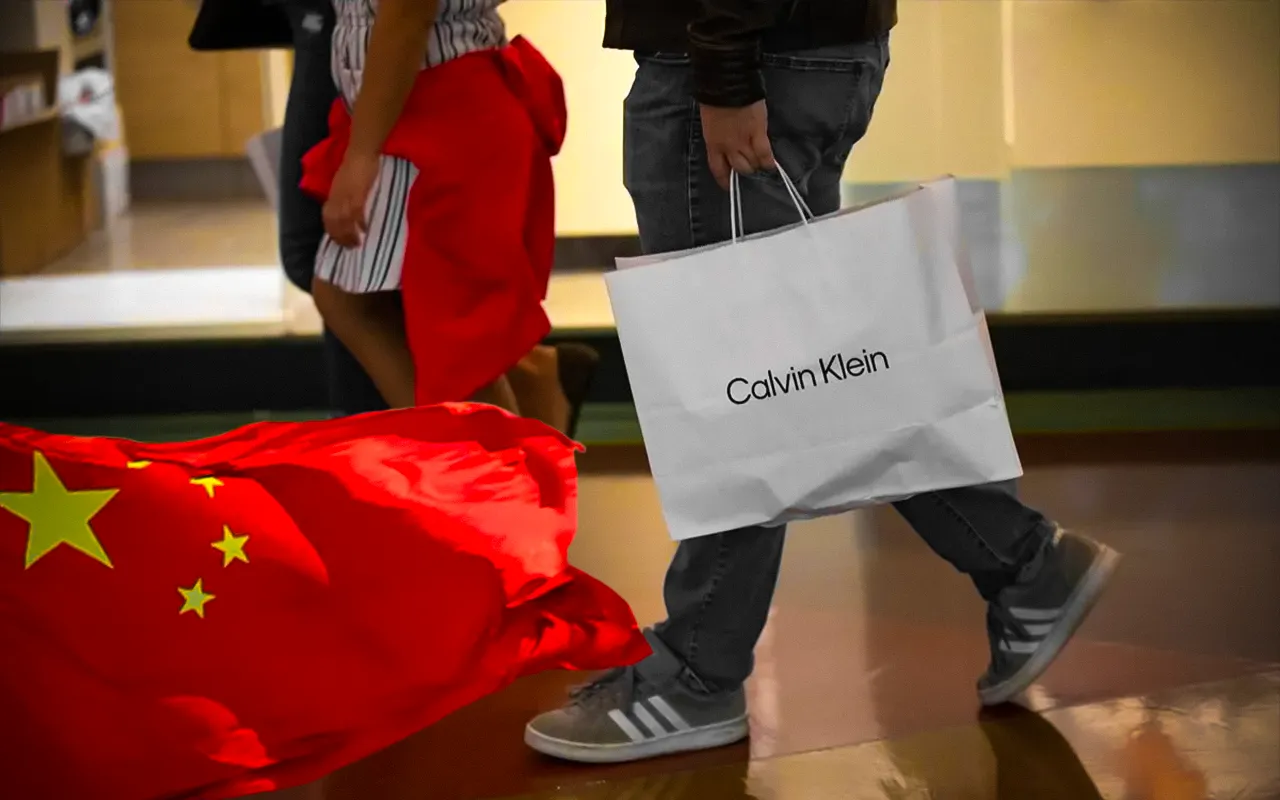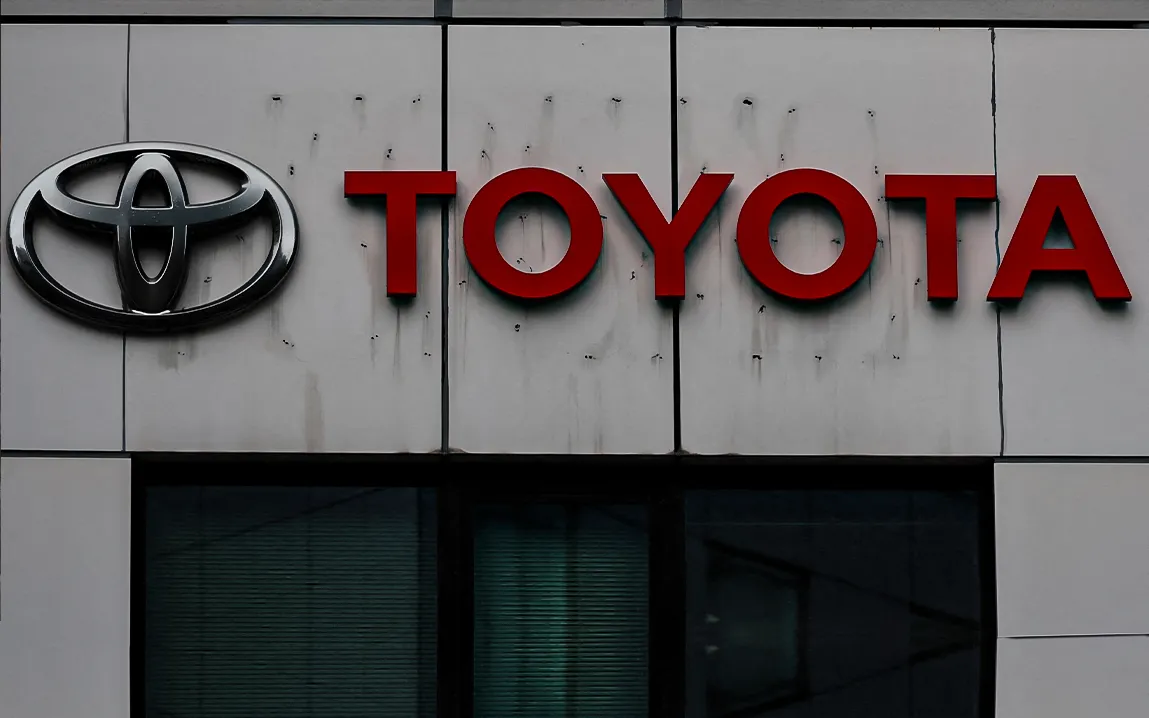In September 2024, China opened an investigation into PVH Corp-the parent company of Calvin Klein and Tommy Hilfiger-for suspected boycotts against cotton from the allegedly forced-labor-plagued region of Xinjiang. The Chinese Ministry of Commerce has accused PVH of discriminatory behavior against the products of Xinjiang, making the company a target under the legal framework known as the “Unreliable Entity List.”. If convicted, it could face strict trade restrictions, even a ban in Chinese markets-a situation which will economically worsen the persistent U.S.-China trade tensions.
The investigation is continuing in the aftermath of a global criticism against the utilization of cotton that originates in Xinjiang due to claims that the Uyghur minority has been targets of abuses of human rights. Western companies, such as PVH, are under pressure to discontinue using cotton from Xinjiang, which puts them at odds with China. Beijing, which views these as assaults on its sovereignty, maintains that international businesses cannot participate in boycotts that harm Chinese businesses and interests.
China’s investigation into PVH is part of a wider attempt to neutralize what it perceives as unjustified boycotts linked to political motives, largely driven by Western human rights concerns. The Ministry of Commerce has asked the company to submit detailed documentation of the last three years on business decisions related to Xinjiang, with a 30-day requirement for a response. A defense by PVH may be presented during that time, while the ministry investigates.
But it also places PVH between a rock and a hard place-between grinding wheels of rising Western regulatory pressures, including the U.S.’s Uyghur Forced Labor Prevention Act, which banned products linked to forced labor in Xinjiang, and losing access to the giant Chinese market, one of the most important areas for international fashion brands. However, the company has insisted it fully complies with all laws and regulations in countries where it conducts business, while the outcome of the investigation remains unclear.
This probe epitomizes the broader tensions between China and the Western world on human rights, trade, and geopolitical dominance. The investigation shows the challenge faced by multinational companies when they operate in politically sensitive environments, where every decision about supply chains and ethics has wide-ranging implications on operations across the globe.
The developing drama between China and PVH could have big implications for other brands and companies with similar supply chain practices and perhaps a determinant for future business strategy and trade policies across industries. Many companies will be forced to reassess their supply-chain links to regions like Xinjiang while weighing up the financial risks of upsetting big markets like China.



